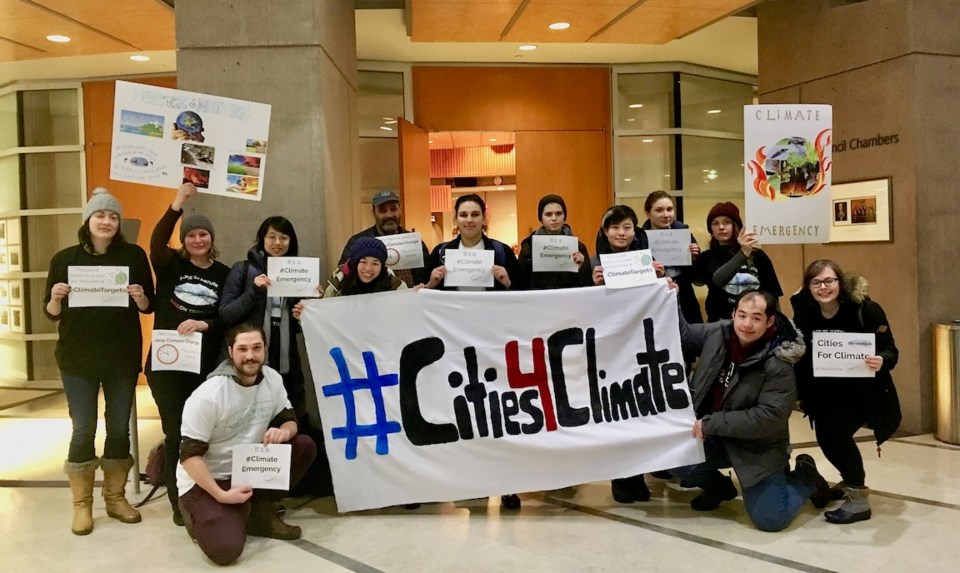Richmond city council has declared a climate emergency, but not a local state of emergency, which would have allowed the city to exercise emergency powers.
At a committee meeting on Monday, council was unanimous in endorsing that “The City of Richmond declares and confirms a climate emergency,” and also decided to get feedback from residents and stakeholders on revised greenhouse gas reduction targets and climate action strategies.
Richmond city council received a comprehensive report from staff about measures the city is already undertaking to reduce greenhouse gases, but its conclusion was that the city’s greenhouse-gas reduction targets aren’t meeting the UN’s Intergovernmental Panel on Climate Change (IPCC) targets to limit global warming to 1.5 degrees. Council agreed to ensure the city'sGHG reduction targets are consistent with the IPCC report.
At the committee meeting, Coun. Alexa Loo pointed out that a large part of reducing GHG is getting people out of cars and onto bikes. However, on her way to the meeting on her bike, she said there were several delivery trucks impeding bike lanes, adding the city needed to make sure there were accessible delivery options.
“People will not use the bike lanes if they are not feeling safe,” she said. This prompted a motion to look into enforcing bike lanes to keep them clear of trucks parking for deliveries.
In January, Coun. Michael Wolfe brought forward a motion to declare a state of climate emergency, but council voted to refer it back to staff.
According to the staff report presented to council on Monday, if a municipality declares a “state of local emergency,” it can exercise emergency powers, for example, confiscating property, seconding qualified people to help, restricting travel within the province, evacuating people and animals as well as controlling prices and rationing goods.
The Richmond city staff report outlines actions that the city has taken since 2014, for example, land-use planning, its district energy utility, energy efficiency in new construction procurement of electric vehicles, walkability of the new construction, improvement to civic buildings, working toward carbon neutrality with its parks services, waste diversion, solar energy and advocacy to senior levels of government around climate issues



